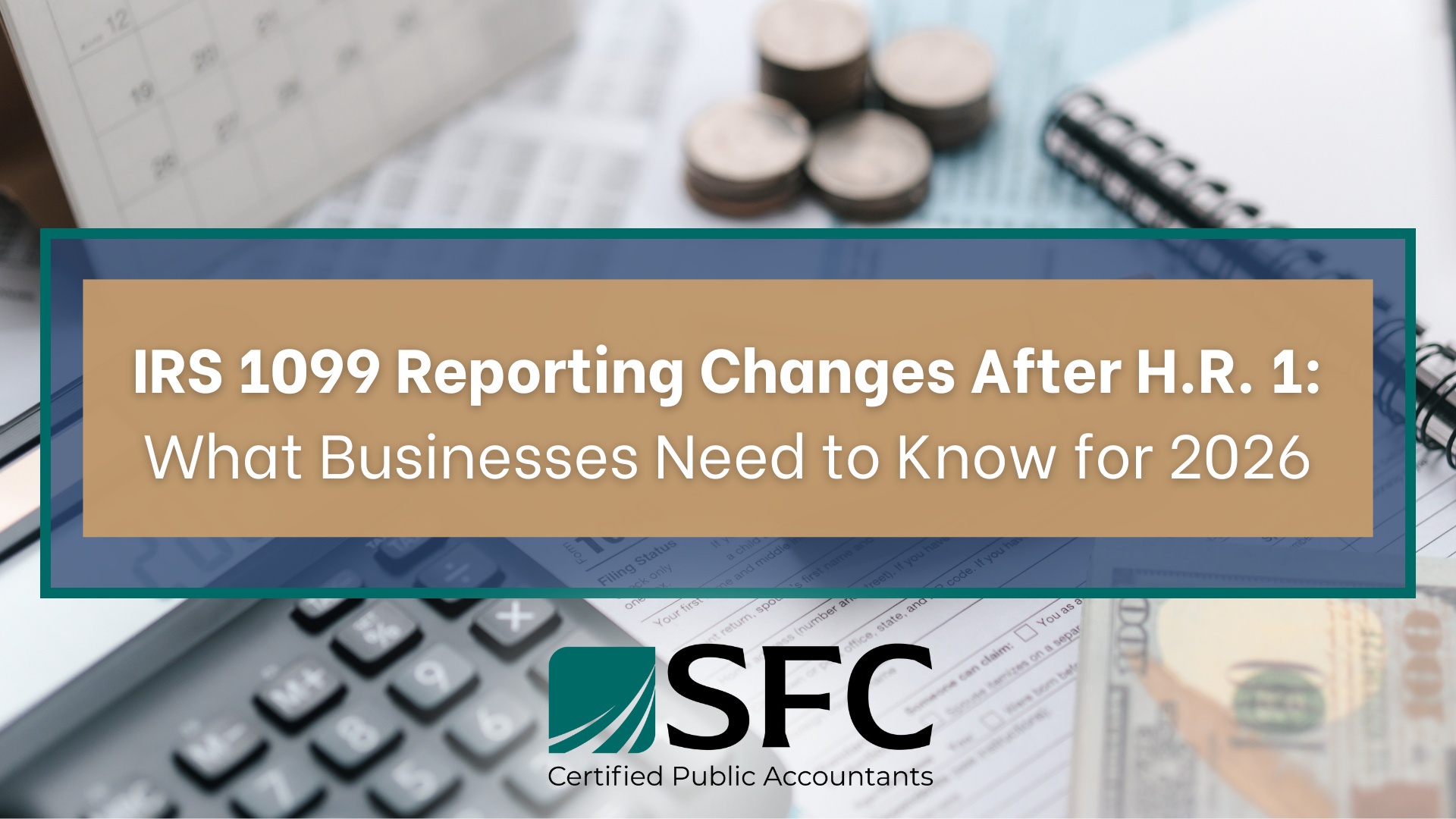
Thinking about joining a nonprofit board of directors? You definitely should! Nonprofits thrive when passionate, engaged people step up to support their missions. Serving on a board gives you the chance to make a real difference—you'll empower staff and volunteers, lend your expertise, and help shape the direction of an organization that's making a difference in your community.
But don't forget to read the fine print: board service isn't just about attending a few meetings or having your name on the website. There's a lot more to it than most people realize. Here are a few things you should know before jumping in:
1. It's Not Just a Title
Being on a board isn't an honorary position—it's real work. You'll be expected to contribute your time, skills, and connections, not just show up. Think of it as rolling up your sleeves and helping guide the organization forward.
2. You Have Legal Responsibilities
This part sometimes catches people off guard. Board members have legal and fiduciary duties that go beyond giving advice. In short, you're responsible for making informed decisions (Duty of Care), putting the nonprofit's interests first (Duty of Loyalty), and making sure it follows its mission and the law (Duty of Obedience). Most nonprofits carry insurance to protect their directors, but it's still important to understand and take your responsibilities seriously.
3. Fundraising Is Part of the Gig
Helping with fundraising is a natural part of being on a board. Sometimes it means writing your own check, other times it's asking friends or colleagues to support the cause, or to show up at events. Many boards even have a 'give or get' policy—meaning you either contribute personally or bring in donations through your network.
4. You'll Need to Understand the Numbers
Even if finance isn't your thing, as a board member you need to understand the basics of the nonprofit's financial health. That means looking at budgets, financial statements, and audits—and asking questions if something doesn't make sense.
5. Conflicts of Interest Are a Big Deal
Transparency is huge in the nonprofit world. If there's ever a situation where you—or your family or business—might benefit from a board decision, you need to disclose it. Even the appearance of a conflict can damage public trust.
6. Your Engagement Really Matters
Disengaged board members can be harmful to a nonprofit organization. Staff notice when board members don't show up or participate. On the flip side, an active, supportive board can take an organization to the next level.
7. Sometimes You'll Face Hard Decisions
Serving on a board isn't always sunshine and success stories. There are moments when you'll have to make tough calls—cutting programs, addressing leadership issues, or navigating a crisis. It's not easy, but it's part of the job.
8. You're Always an Advocate
When you join a board, you become an ambassador for the organization. Whether you're at a networking event, talking with friends, or just out in the community, you're helping spread the word and build support.
Serving on a nonprofit board is exciting, rewarding, and yes—challenging. It's not just a 'feel-good' role; it's a commitment that requires your time, energy, and voice. But when you're fully engaged, you'll not only help the nonprofit succeed, you'll also be part of creating real change in your community.
View More
- All 7
- Board of Directors 1
- Community Impact 1
- Endowments & Investments 1
- Financial Transparency 2
- Grant Compliance 1
- Internal Controls 1
- Nonprofit 4
- Nonprofit Audit 2
- Nonprofit Best Practices 2
- Nonprofit Financials 2
- Nonprofit Leadership 1
- Philanthropy & Charitable Giving 1
- Social Impact 1
- Strategic Planning 1
- Sustainability 1
- Tax 1
- Tax Compliance 1


